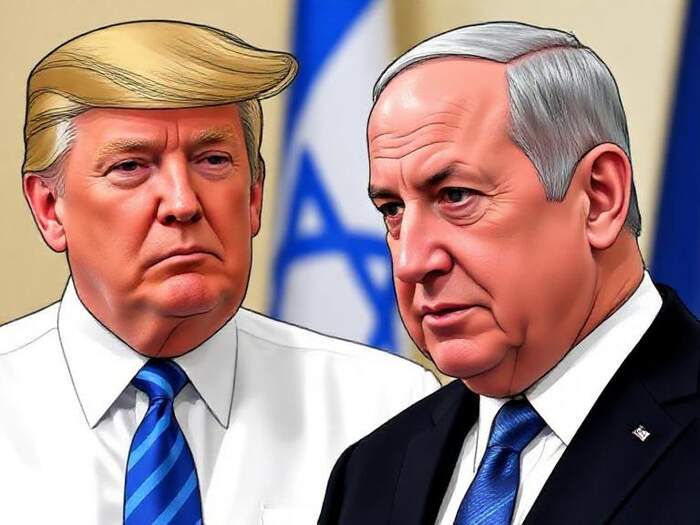WASHINGTON — U.S. President Donald Trump has formally asked Israeli President Isaac Herzog to consider pardoning Prime Minister Benjamin Netanyahu, who is currently facing a long-running corruption trial. Reuters reports that the letter was delivered by Herzog’s office on Wednesday.
In the letter, Trump described the case against Netanyahu as “political, unjustified prosecution”, while noting his respect for Israel’s judicial system. He praised Netanyahu as a “formidable and decisive wartime Prime Minister” who is now leading Israel into a time of peace.
Key Details of the Request
- Netanyahu was indicted in 2019 on charges including bribery, fraud and breach of trust. He has pleaded not guilty.
- Trump asked Herzog to issue a pardon—a power that the largely ceremonial Israeli presidency holds only under specific and exceptional conditions. Herzog’s office emphasized that standard procedures must be followed and noted that no formal pardon request has yet been submitted.
- The letter follows earlier remarks by Trump in the Knesset, Israel’s parliament, in which he asked Herzog to pardon Netanyahu during a public address. Analysts say the move deepens Washington’s visible involvement in Israel’s internal legal affairs.
Reactions and Implications
The letter drew immediate reactions within Israel:
- Opposition leader Yair Lapid reiterated that Israeli law requires a formal admission of guilt and remorse before a presidential pardon can be considered.
- Some pro-Netanyahu lawmakers praised Trump’s intervention—viewing it as a supportive gesture for an ally. Others warned it could further politicize the court case and strain legal norms.
- Outside Israel, the move raises questions about international diplomacy and the influence of one country’s former leader in another nation’s judicial affairs.
What Comes Next?
For the pardon request to proceed, procedures must be followed: Netanyahu, his legal team or family would have to formally apply to President Herzog. For now, the case remains active and its outcome uncertain. Meanwhile, diplomatic watchers will be monitoring any impact this may have on U.S.–Israeli relations, regional politics, and the Israeli justice system.
Source: CNN.com


